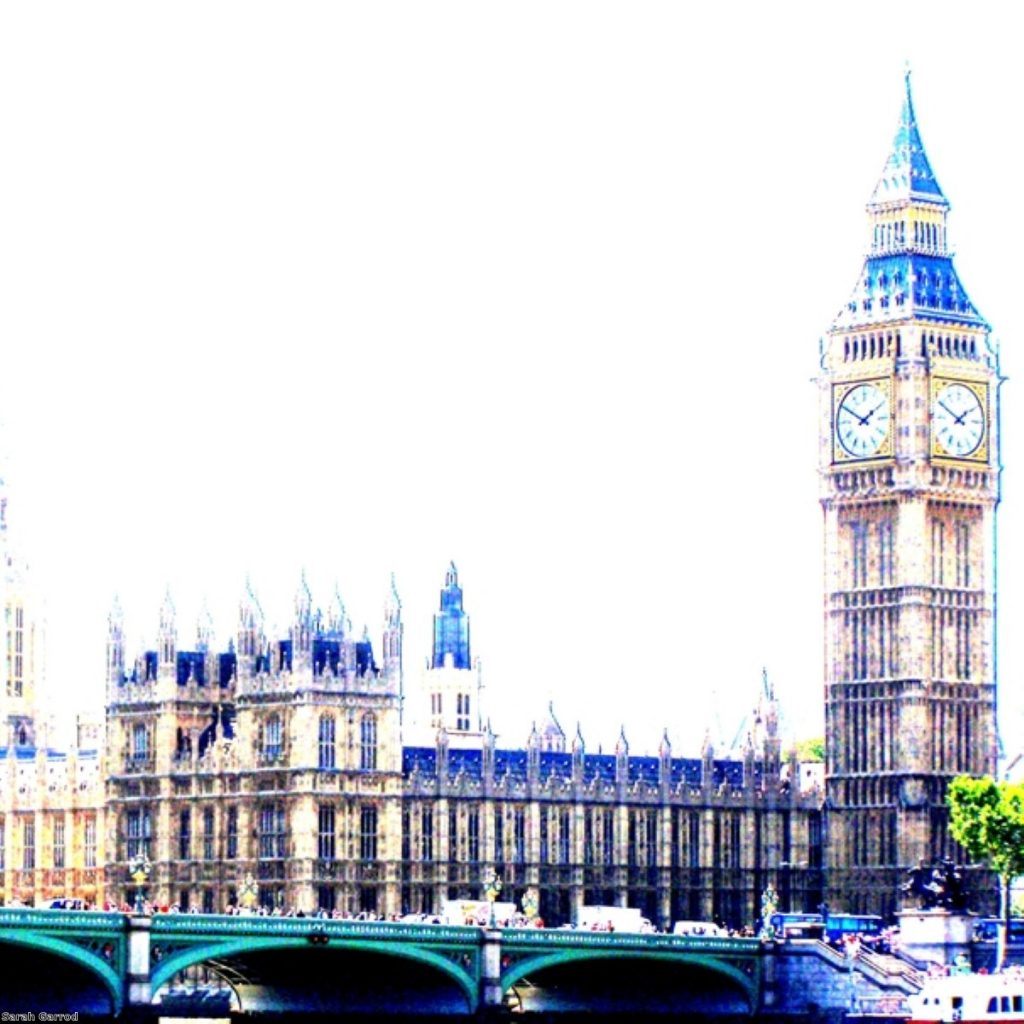Scottish independence PMQs verdict: Holding back the panic
With the shadow of the Scottish independence referendum hanging over parliament, this was never going to be an ordinary prime minister's questions.
Within a week, a huge chunk of the United Kingdom could have resolved to break free for good. The possibility hung about the Commons chamber like a thick smoke. Something felt different – and it wasn't just the absence of Westminster's party leaders, who had theatrically left it to William Hague and Harriet Harman to exchange pleasantries over the despatch box for the first time since 2010.
Their questions and answers were more akin to a carefully choreographed dance than the usual to-and-fro of party politics. You couldn't separate their views with a referendum ballot paper. "We want Scotland to stay," Harman said, speaking for the opposition benches. Hague was only too happy to agree.
Throughout much of the questioning the Commons was silent. Not the bored, fidgety silence when Miliband decides to use his questions to bolster his statesman credentials, or the profound silence when a serious tragedy is being discussed. This was a concentrated silence of tension, broken only by the persistent heckling of the SNP's own Angus MacNeil. The man is unstoppable. He might be outnumbered, but it does not diminish his refusal to shut up.


If Westminster were to hold a vote on independence, the result would be rather one-sided. There were only three SNP MPs in the chamber, but one of them – Pete Wishart – got to ask a question. He attempted to wrongfoot Hague by asking him, despite their wish for a different outcome of the vote, to congratulate the people of Scotland on doing so well.
The leader of the Commons responded with humour. It was a "gentle understatement to say we want different things," he joked, before the session's only brief moment of real conflict. "His own party have failed to be straight with the Scottish people," he declared. The Commons voiced its approval.
The only slight mis-step from the frontbenchers might have been Harman's final question, which seemed to underline the importance of staying friendly with the Scots if they do vote to leave. "We must stay as family, not become foreigners to each other," she said. Hague steered clear of that point and stuck to generalities.
Such is the strength of the spasms of fear now periodically emanating through Westminster that partisan politics was put away for virtually all the rest of the session.
Only a handful of MPs dared to raise anything remotely contentious. Rarely can PMQs have been so dominated by one issue. But then, the imminent dissolution of the country tends to concentrate minds.

The leader of the Commons – or, to give him his more impressive title, the first secretary of state – demonstrated once again how extraordinarily adept he is at performing at the despatch box. It's hard to think that this may be one of the last times, apart from his usual Thursday morning performances, that he commands the attention of the country in this way.
On Scottish independence, he was superb. Hague provided the kind of long-term perspective which the Better Together campaign has somehow failed to. Here's his best bit: 'no' campaigners should be repeating it on the doorstep over the next seven days.
"For 300 years we and our predecessors have sat in this House with Scottish parliamentarians and their predecessors. They have sat together from the 18th century to implement a great range of progressive causes, from the abolition of the slave trade to the pursuit of human rights and development across the world. We've often led the way in times of world crisis and been an inspiration to democratic peoples elsewhere.
"The next 300 years could easily be as turbulent and dangerous as the last 300 years. To tear apart a union so proven, so precious and so valuable would be a tragic mistake for all our peoples."

